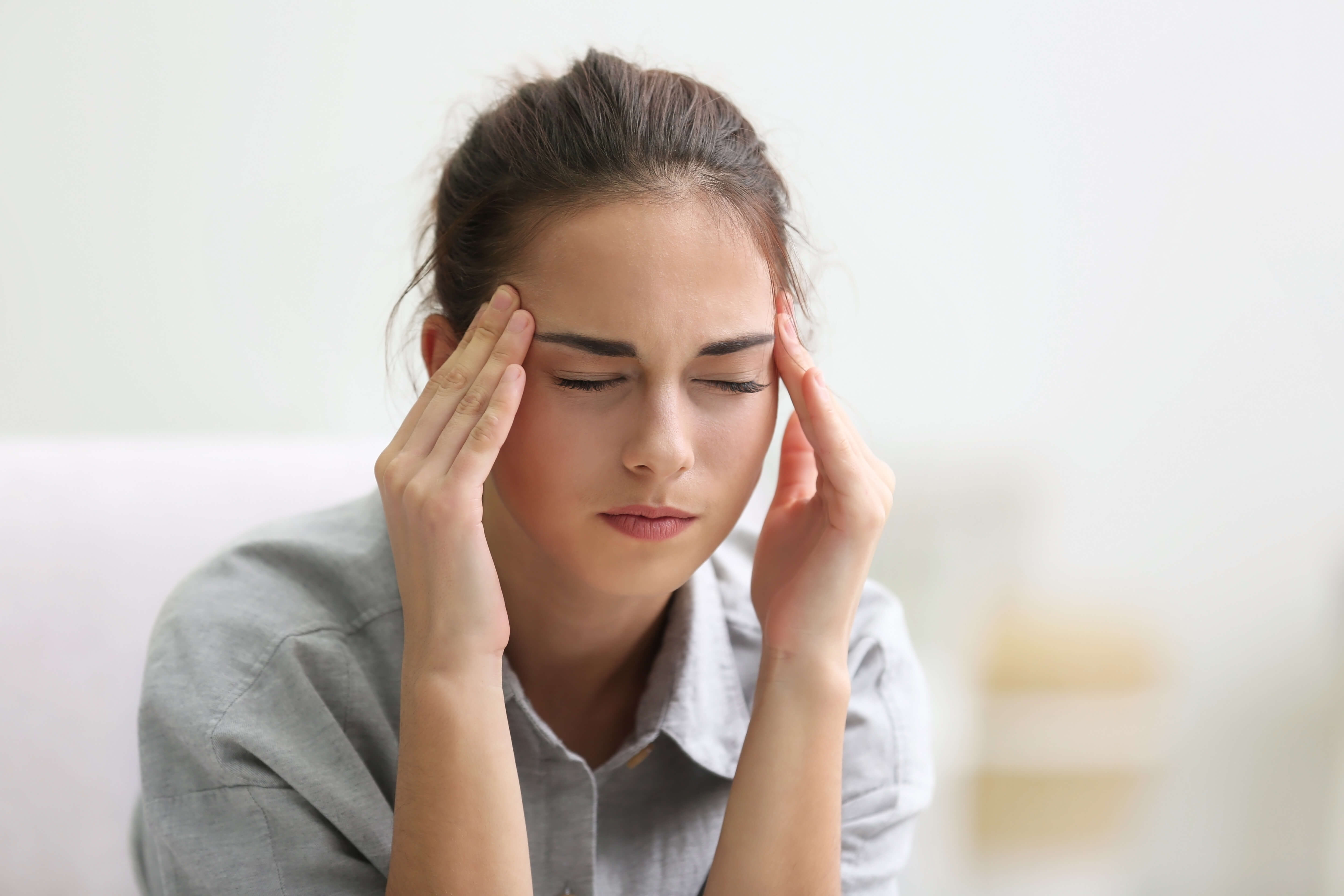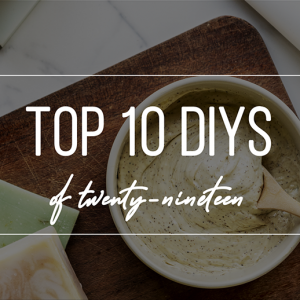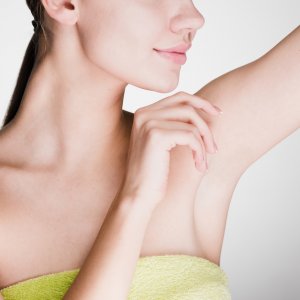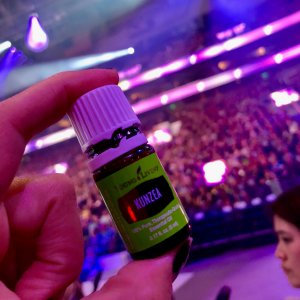The tiny spots, glimmering lines, or flashing lights, the dizziness and disorientation. . . these discomforts may indicate the onset of a migraine. Migraine sufferers who experience an accompanying visual aura know these warning signals well.
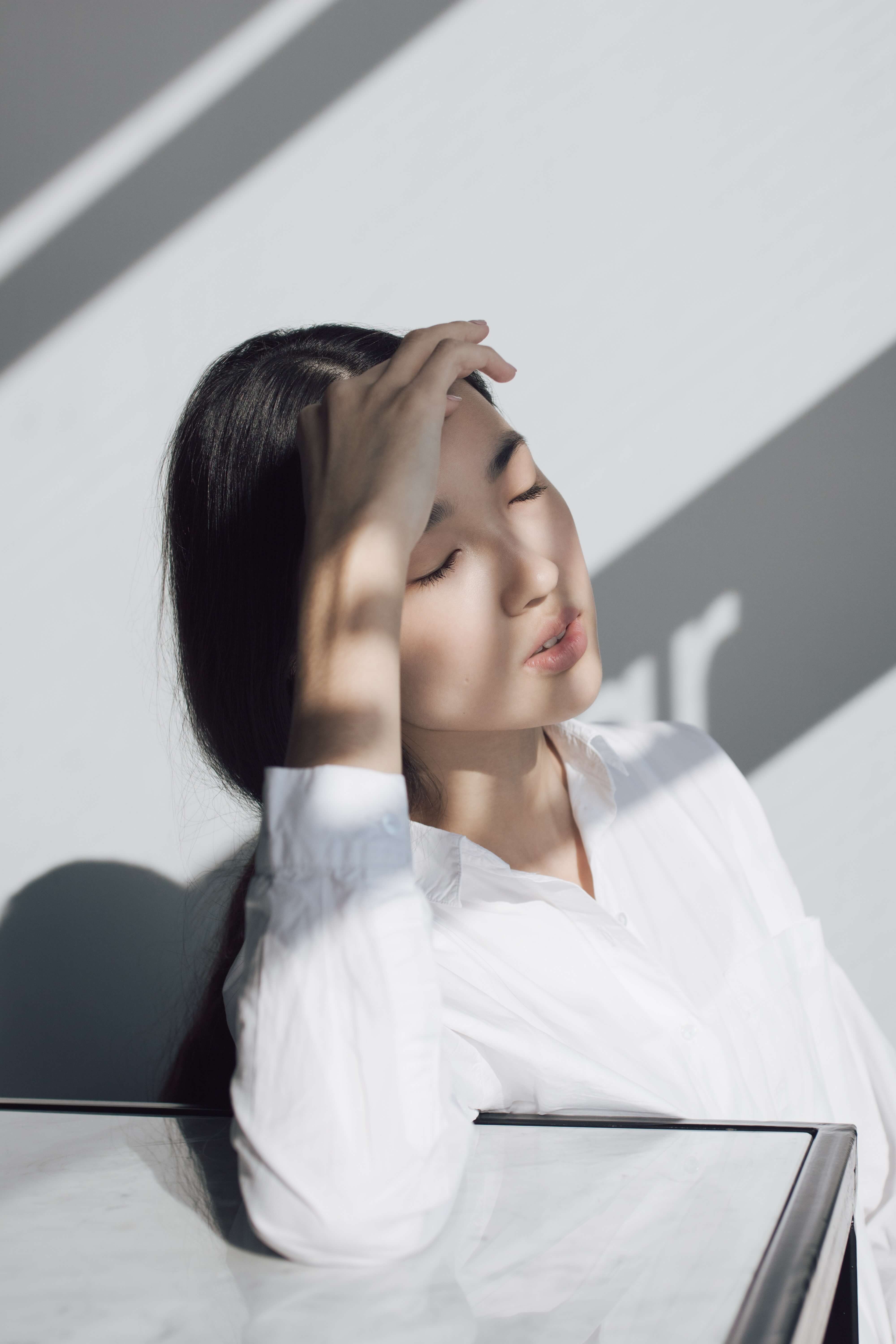
After a brief period of anywhere from 3 to 15 minutes, the painful headache begins. Usually slowly at first, and then it hits. For some, this means the only respite is a dark, quiet room.
It’s Not a Headache
Anyone who has suffered a migraine can tell you it is vastly different from a headache. Besides the aura that many people experience, migraines cause severe throbbing or pulsing pain, often on just one side of the head.
In addition to the painful headache, common accompanying symptoms include nausea, vomiting, and extreme sensitivity to light and sound. Chronic migraine suffers report impaired cognitive function and may even have an increased risk of stroke and cardiovascular disease.
Regardless of the trigger, there is evidence that all types of migraines cause oxidative stress and increase our susceptibility to secondary infection and related health issues.
Causes of Migraines
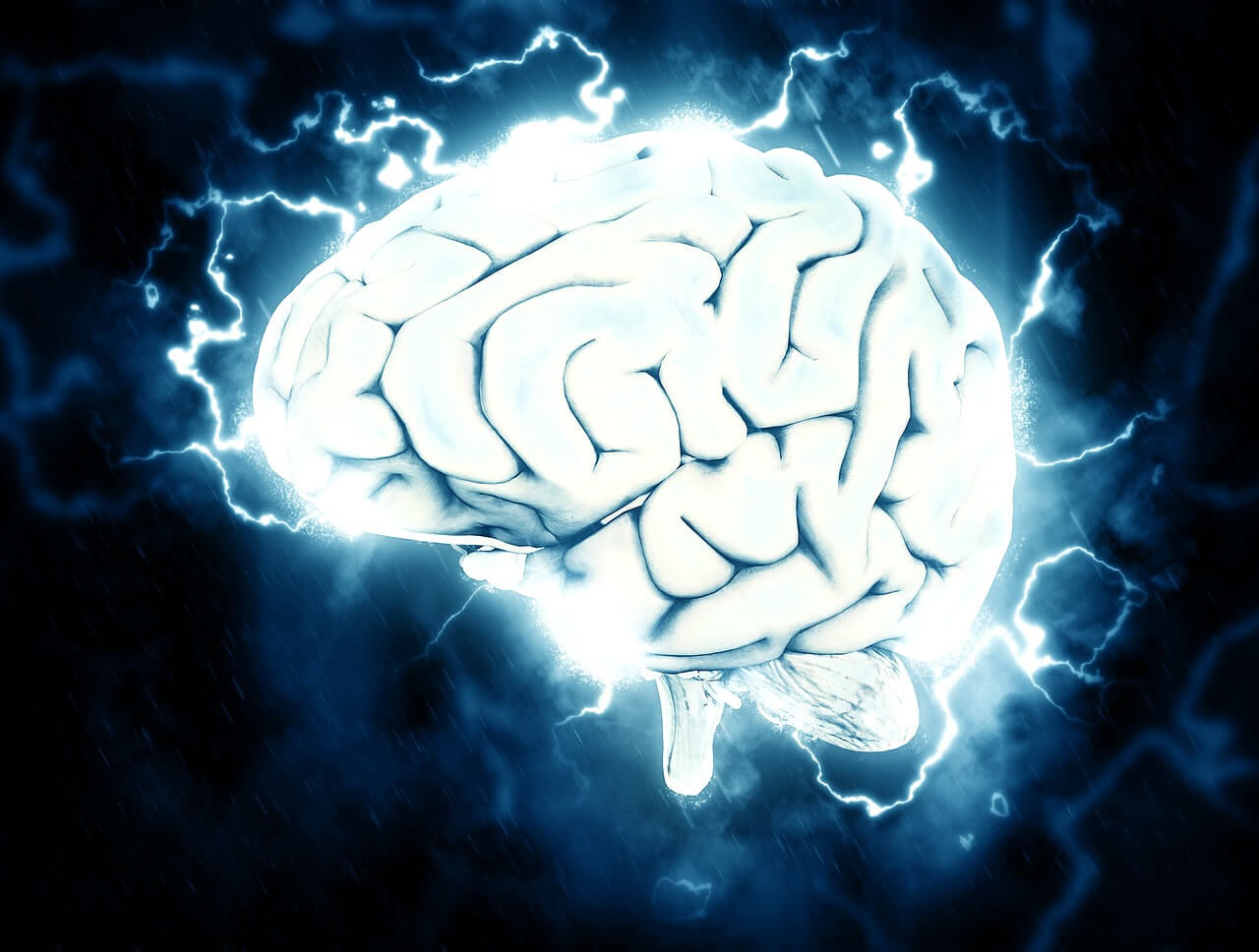
Migraines are actually a neurological disorder caused by overactive nerve cells that send out signals and activate the trigeminal nerve, which is responsible for sensations of your head and face. Activation of this nerve causes release of certain chemicals, like serotonin and calcitonin gene-related peptide (CGRP). CGRP causes neurogenic inflammation, which only exacerbates the pain.
The question of what causes the activation of the trigeminal nerve is not that simple. There are many triggers as well as genetic and lifestyle factors that contribute to the predisposition and occurrence of migraines. In order to be effective, the treatment must address the trigger rather than the symptoms.
Migraine Triggers
The Trigger: Stress
Stress is likely the most common cause of migraines, although the scientific data varies in this assertion. Studies do indicate an increased occurrence of migraines in patients who report a stressful lifestyle.
The Solution: Manage the stress, manage the migraines.
If you are particularly plagued with stress-induced migraines, be intentional about taking some time to relax and find ways to reduce stress.
The Trigger: Irregular sleep schedule
Sleep disturbances predispose individuals to migraine attacks, which may affect the pain-processing trigeminovascular system and thus play a role in migraine progression.
The Solution: Establish and maintain regular sleep cycles.
Ensure that you are getting regular, quality sleep. This can be difficult especially during times of travel. Prioritizing rest time will help combat migraine attacks. There is also a direct correlation between sleep and stress. Read more about it here.
The Trigger: Hormone imbalance
Irregular hormones are a prevalent cause of migraines, especially in women. Particularly, recent data support the historical view of an elevated risk of migraine with significant drops in estrogen levels. Many women experience migraines at different times during their menstrual cycle, following childbirth, during menopause, or at other times of significant hormone shifts.
The Solution: Balance hormones.
Naturally balancing hormones requires patience. Because our bodies all respond differently to natural remedies, trial and error is sometimes the best way to figure out a regimen that works for you. It is worth it though, not only does regulating hormones help alleviate migraines, it also contributes to overall health and emotional well being.
The Trigger: Weather
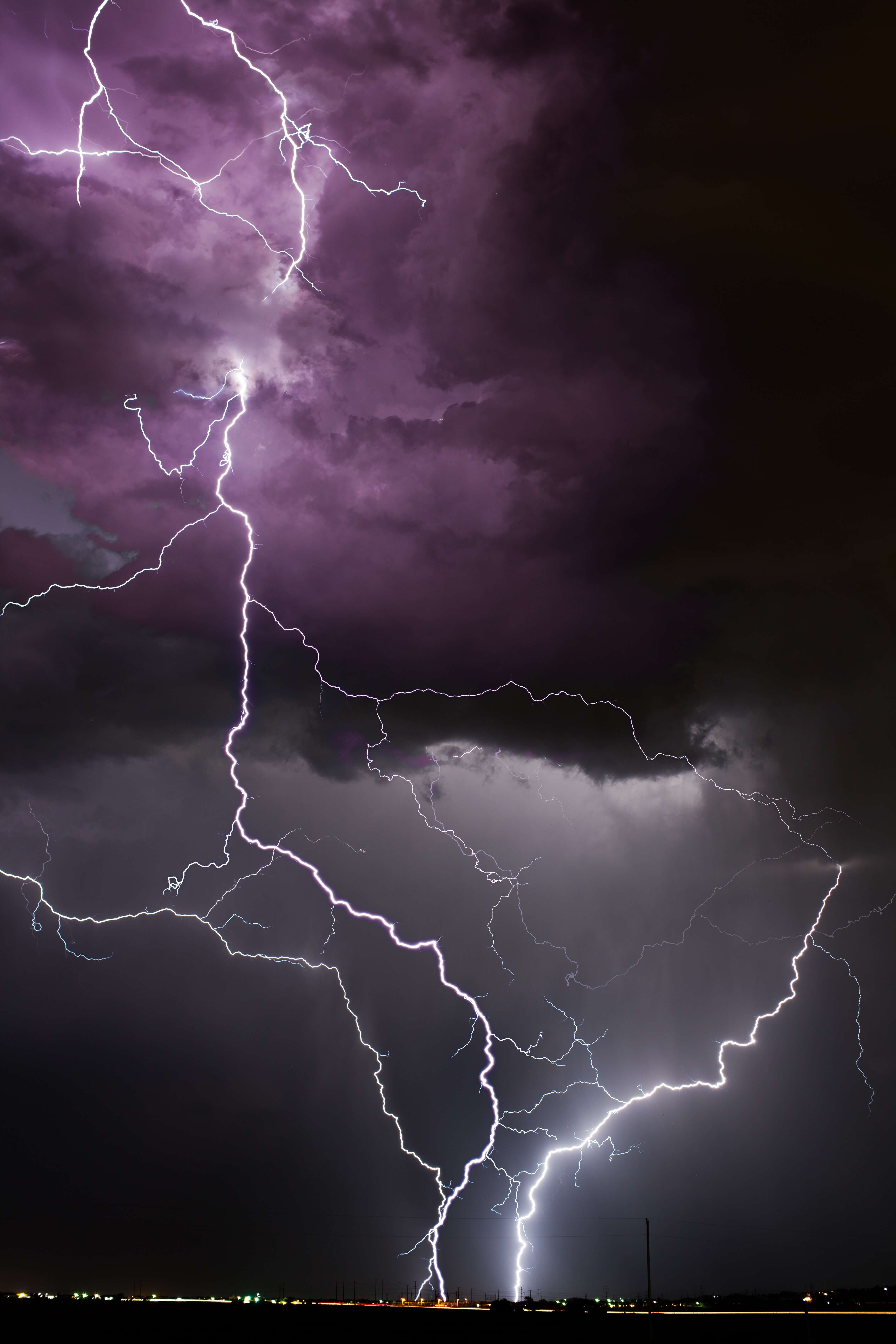
Excessive heat, drastic changes in weather, and especially low barometric pressure can trigger migraines.
The Solution: Well. . .we can’t control the weather.
Unfortunately, if you are sensitive to these weather patterns, there is not a sure fire way to treat them. Staying indoors during storms and times of low pressure, taking a nap, and employing some of the techniques below may be your best bet.
The Trigger: Dietary sensitivities
Some ingredients that cause migraines include: monosodium glutamate (MSG) and other preservatives, chocolate, dairy products, artificial sweeteners, caffeine, cured meats, food colorings and additives, gluten, and alcohol (especially red wine).
The Solution: Avoid trigger foods.
Migraine sufferers who are uncertain if diet plays a role may benefit from an elimination diet. Discontinue consuming culprit foods until migraines desist, and reintroduce one food at a time.
The Trigger: Dehydration
Though the scientific research for dehydration-induced migraines is lacking, some people do report dehydration as a trigger.
The Solution: Stay hydrated.
Especially during exercise, hot weather, or when experiencing an illness, staying hydrated will help ward off a dehydration migraine.

The Trigger: Sensory stimuli
For some people, flashing lights, such as strobe lights, can trigger migraines. Loud noise and strong odors, especially artificial fragrances, can also be causative.
The Solution: Avoidance.
As with weather triggers, the best advice is to avoid places with strong odors, loud noises, or flashing lights if these trigger migraines for you.
The Trigger: Medications
The most common medications that trigger migraines are hormone-regulating medicines, including birth control pills and those used for hormone replacement therapy. There is a small amount of evidence that suggests nitroglycerin, used to treat some types of heart disease, may also be a culprit.
The Solution: Talk to your provider.
If you believe that a medication is causing your migraines, talk to your physician about reducing or eliminating the medication in favor of an alternative.
When all else fails
Sometimes, despite your best efforts to eliminate or avoid triggers, you may still end up with a migraine. Here are some natural remedies for migraines you can try.
Home Remedies for Migraines
Regulating blood flow to your noggin may help shut down migraine pain. Applying an ice pack to the crown of the head often brings immediate relief.
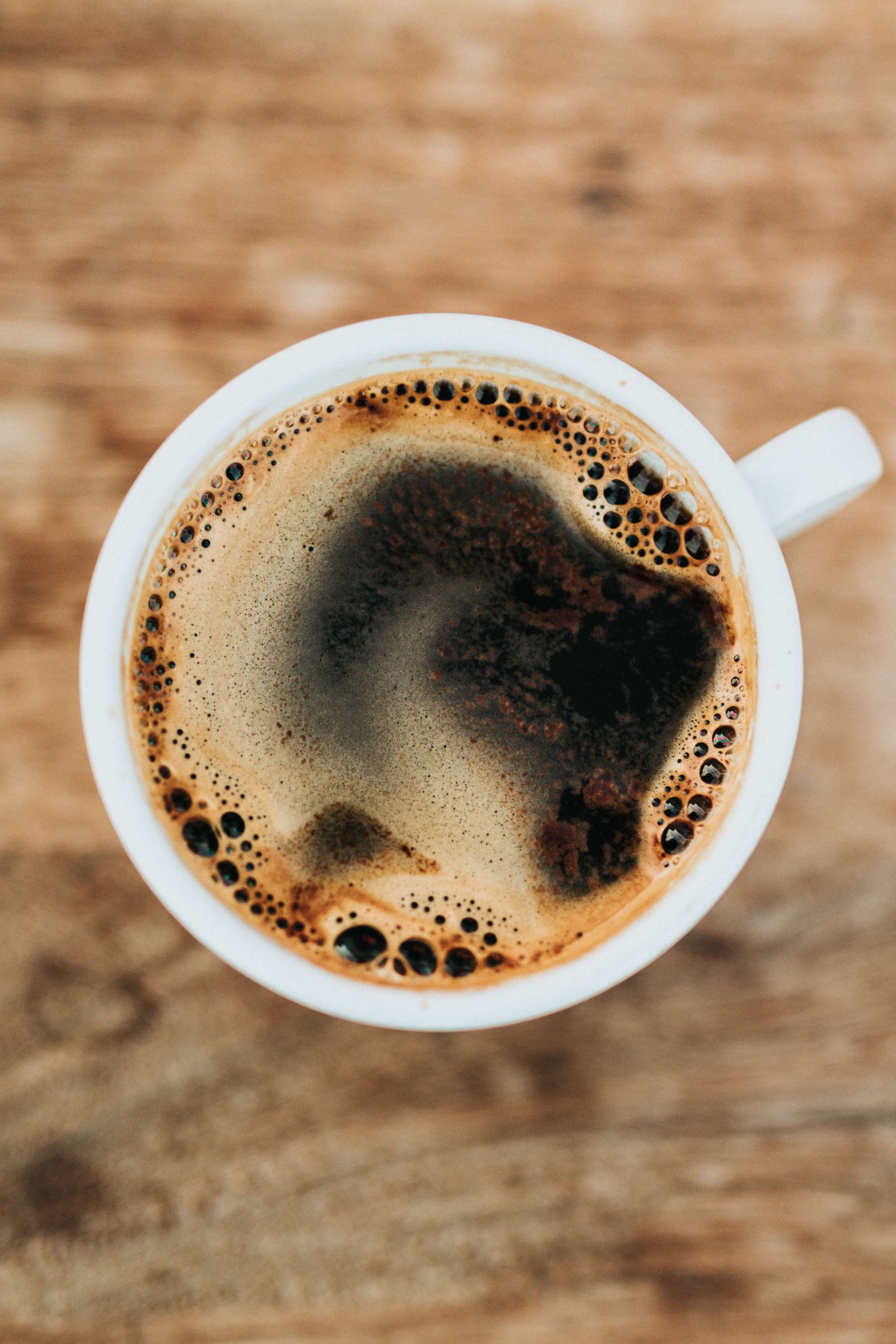
Caffeine is a vasoconstrictor, and some people report that it helps reduce migraine pain. For others, caffeine can trigger a migraine. A word of caution: caffeine may not be the best remedy if you are sensitive to it and it interrupts your sleep.
Some people claim that acupressure brings relief from migraines. However studies are conflicting and reveal that while acupressure may relieve nausea associated with migraines, it is unlikely to alleviate or prevent the migraine itself. The pressure point to relieve nausea is on the PC6 acupoint, which is three fingers up from the base of the wrist on the inside of the arm. The acupoint for the head is LI4, which is in the space between the base of the left thumb and the index finger. Applying firm pressure to one or both of these points for at least 5 minutes may help alleviate symptoms.
Herbal Supplements
Menthol, found in peppermint, is a vasodilator and can help regulate healthy blood flow to the brain. Try drinking peppermint tea or applying peppermint essential oil to the forehead to support healthy blood flow and bring cooling relief.
Feverfew and ginger are two herbs that have promise for the treatment of migraines. Most subjects report best results when these herbs were taken immediately at the onset of an aura or other symptoms during the beginning stage of a migraine. Ginger also helps relieve nausea associated with a migraine.
In a study of 133 sufferers, magnesium was an effective therapy for migraine headaches.
Healthy Release
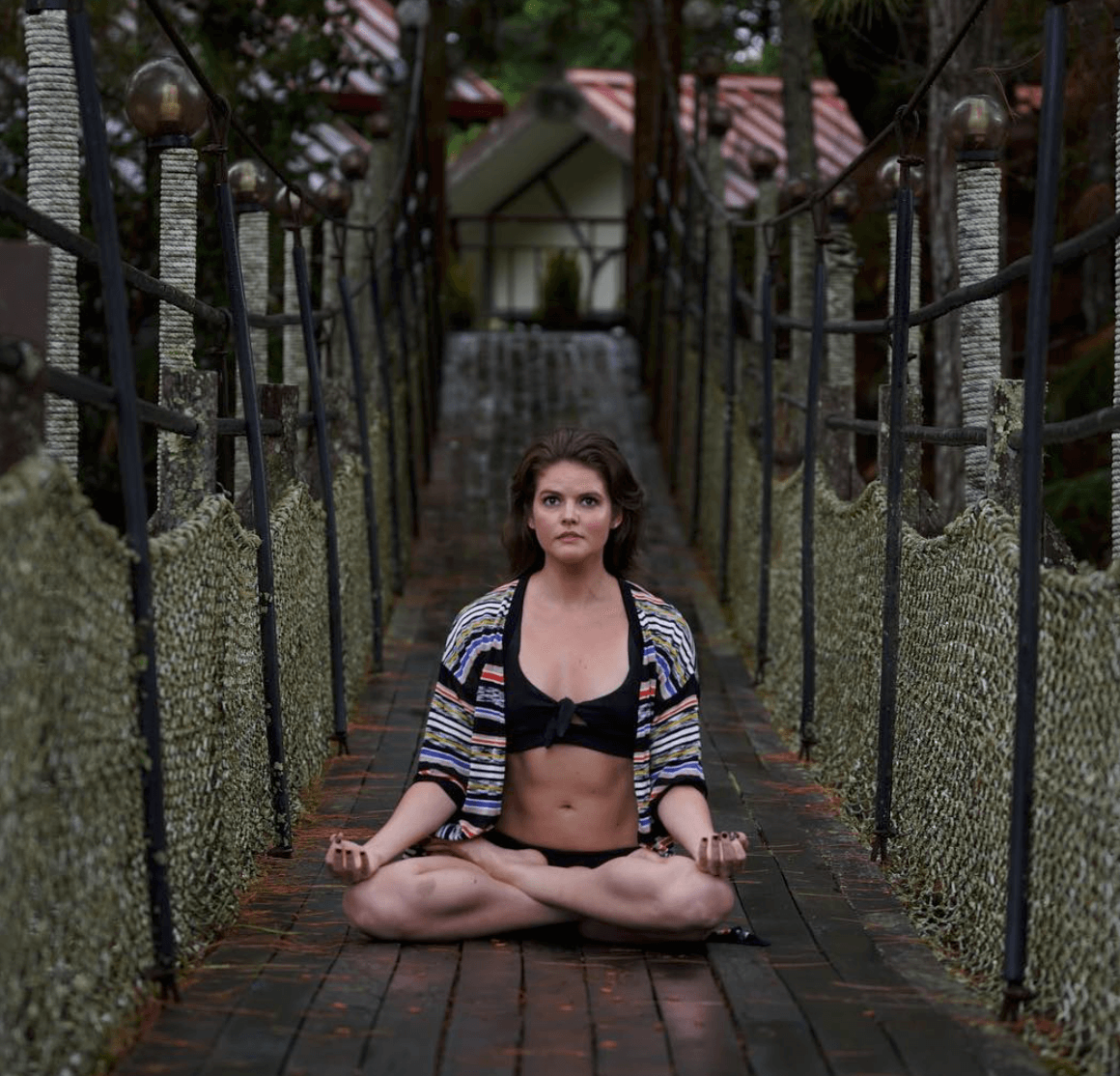
Yoga employs breathing techniques, meditation, and body postures to promote health and well-being. Research shows yoga may relieve the frequency, severity, and duration of migraines.
Some people who suffer migraines report that sex alleviates symptoms. The reason for this is unclear, although it may be associated with endorphins that are released during sex.
The research continues
For many people, migraines remain a mystery and the triggers are unknown. Much research is still being done to learn the causes and treatments for migraines. In the meantime, if none of the other remedies work, sometimes the best remedy is to go into a dark, quiet room and sleep it off.
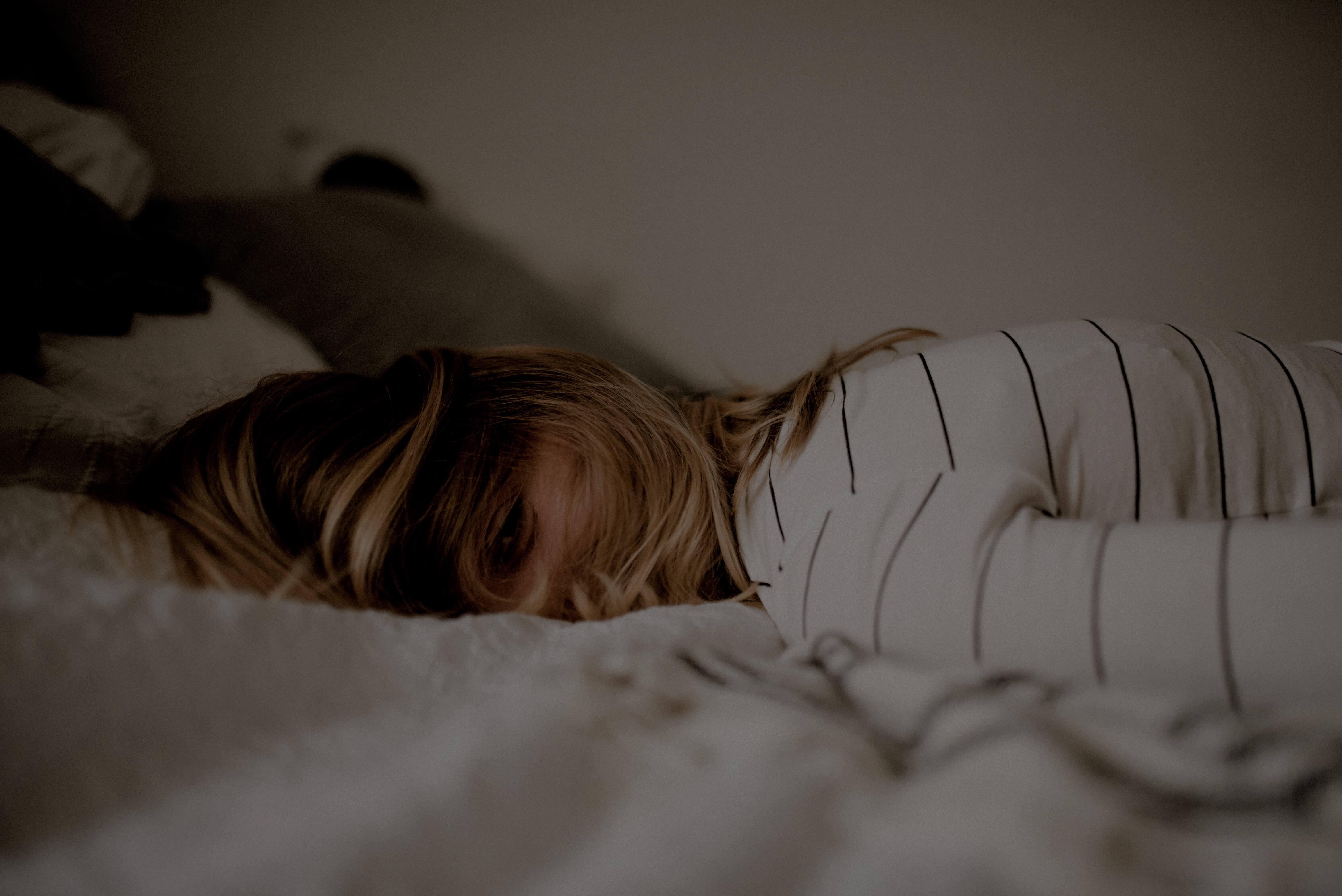
What helps you ward off or get rid of a migraine?
Another thing that provides migraine relief is Shiatsu massage. Check out this post for all of the benefits this massage technique provides!
Looking for more natural wellness tips as well as guidance to help you make empowered decisions? Come check out Wellness Made Simple!
